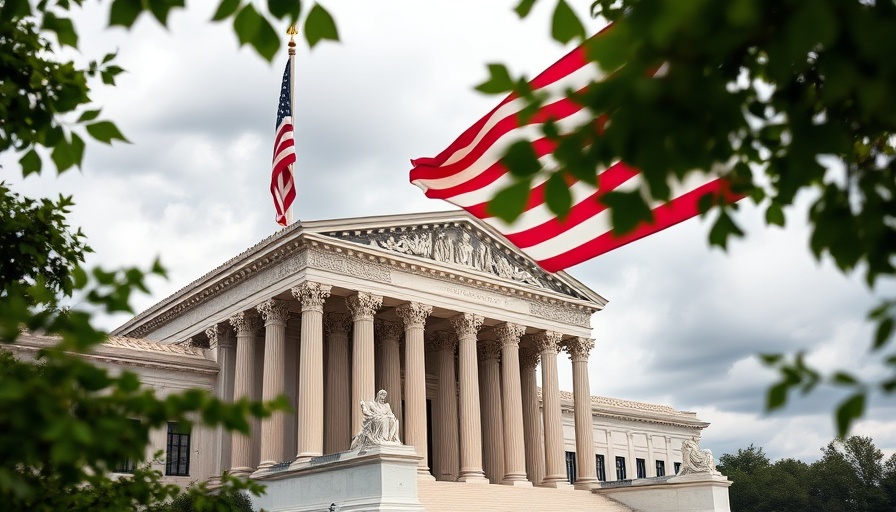
Supreme Court's Landmark Decision Shakes Discrimination Laws
In a unanimous ruling that could reshape the landscape of workplace discrimination claims, the Supreme Court has made it significantly easier for those identifying as part of the majority group, including heterosexual individuals, to claim reverse discrimination. This decision emerged from a case involving Marlean Ames, a professional with over 20 years at the Ohio Department of Youth Services, who argued that her demotion was a result of her straight identity.
Understanding Reverse Discrimination in the Current Legal Framework
Historically, lawsuits citing reverse discrimination faced a tougher path in the courts, especially in jurisdictions with bias-sensitive precedents. Justice Ketanji Brown Jackson, in her opinion, highlighted that federal civil rights law does not differentiate based on the majority or minority group status. This places equal protections under the law, clarifying that individuals from majority groups can pursue claims without additional burdens imposed by courts.
Effects of the Ruling on Employment Practices
The decision has far-reaching implications, particularly in the evolving landscape of Diversity, Equity, and Inclusion (DEI) initiatives. The ruling aligns with the sentiments expressed by some justices, such as Clarence Thomas, who observed that there have been systemic biases favoring minority groups in employment practices.
The Broader Societal Implications
As organizations shift their focus towards inclusion, this ruling raises important questions about the balance required to ensure fairness in hiring and promotion practices. Some employers may need to reassess their DEI strategies to avoid unintentional discrimination against majority group employees, affecting hiring policies across sectors.
Future Trends: How Businesses Might Adapt to the Ruling
In light of this decision, it is anticipated that businesses will navigate a more complex discrimination landscape. Organizations may start adopting more robust and transparent recruitment and promotion frameworks. Employers will need to guarantee that their decisions are free from bias while considering the rights of every employee, irrespective of group identity.
Conclusion: What This Decision Means for You
With the Supreme Court's ruling marking a significant moment in civil rights law, every individual, regardless of their identity, is encouraged to understand their rights in the workplace. The ability to claim reverse discrimination could impact various sectors and how employees are treated, emphasizing the necessity for fairness and equity.
 Add Row
Add Row  Add
Add 


Write A Comment